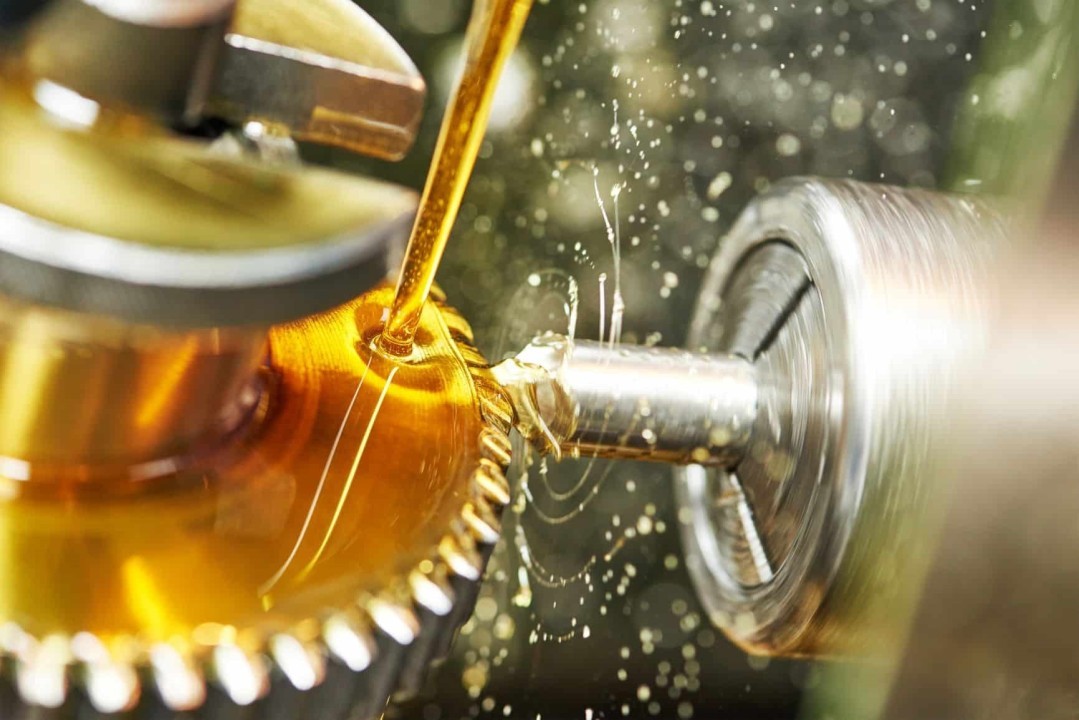Most Popular
-
Vibration Analysis: The Key to Predictive Maintenance
Predictive maintenance offers a powerful toolbox, and vibration analysis is a cornerstone. It excels.. -
See it Before it Breaks: Non-Destructive Testing for Predictive Maintenance
Non-Destructive Testing (NDT) helps factories see inside machines to find hidden flaws, preventing c.. -
Beyond the Basics: Advanced NDT Techniques for Cutting-Edge Predictive Maintenance
This article explores cutting-edge NDT techniques like infrared thermography and acoustic emission t.. -
Power Up Your Reliability: The Essential Role of Vibration Analysis in Wind Energy
Wind turbine vibrations reveal machine health. Analysis helps predict problems early, reducing downt.. -
From Reactive to Proactive: Oil Analysis - Your Weapon Against Downtime
Oil analysis is a powerful tool for the oil & gas industry. By analyzing lubricating oil, companies .. -
From Breakdown to Breakthrough: How NDT Minimizes Downtime and Maximizes Profits
Predictive maintenance uses NDT (Non-Destructive Testing) to inspect equipment for hidden issues, pr..
Imagine your factory is running smoothly, meeting deadlines, and everything's on track. Suddenly, a crucial piece of equipment grinds to a halt. Production screeches to a stop, and you're left scrambling to fix the problem. Not only is this a major inconvenience, but unexpected downtime can cost your business a fortune.
Here's where oil analysis steps in as a superhero of preventive maintenance. It's like having a crystal ball for your machinery, revealing its internal health and predicting potential problems before they cause a breakdown.
Oil Analysis: Your Window into Machine Health
Think of your machine's oil as its lifeblood. It lubricates moving parts, reduces friction, and prevents wear. But over time, the oil degrades and picks up tiny clues about what's happening inside the machine.
An oil analysis is like a medical checkup for your equipment. By analyzing a small oil sample, technicians can identify.
- Wear and Tear: Increased levels of metal particles indicate excessive friction or component wear. Early detection allows you to schedule maintenance before a breakdown occurs.
- Contamination: Dirt, water, or coolant in the oil can lead to corrosion, sludge buildup, and lubrication breakdown. Oil analysis helps identify these contaminants and their source.
- Additive Breakdown: Lubricating oil contains special additives that enhance its properties. Oil analysis can detect depleted additives, prompting you to top up the oil before it loses its effectiveness.
The Benefits of Proactive Maintenance
By catching problems early, oil analysis offers a treasure trove of benefits.
- Reduced Downtime: Identify and address issues before they become major failures, keeping your production line running smoothly.
- Lower Maintenance Costs: Preventive maintenance is always cheaper than emergency repairs. Oil analysis helps you avoid costly repairs and replacements.
- Extended Equipment Lifespan: By addressing minor issues before they escalate, you can significantly extend the life of your machinery.
- Improved Safety and Reliability: Oil analysis helps prevent catastrophic equipment failures, promoting a safer work environment and ensuring reliable operation.
Taking Control with Oil Analysis
Implementing an oil analysis program is a smart investment. Here's how to get started.
- Establish Sampling Intervals: Determine how often you'll take oil samples based on your equipment type and usage.
- Partner with a Lab: Choose a reliable oil analysis lab with expertise in your industry.
- Analyze and Act: Interpret the oil analysis reports and take proactive maintenance steps based on the findings.
Oil analysis empowers you to shift from reactive maintenance (fixing problems after they occur) to predictive maintenance (addressing issues before they become problems). It's a proactive approach that saves you money, avoids costly downtime, and keeps your equipment running smoothly for years to come.
So, don't wait for disaster to strike. Take control of your machinery's health with oil analysis – a small investment that yields significant returns. Connect with Arrelic Global today to discuss your oil analysis needs!
